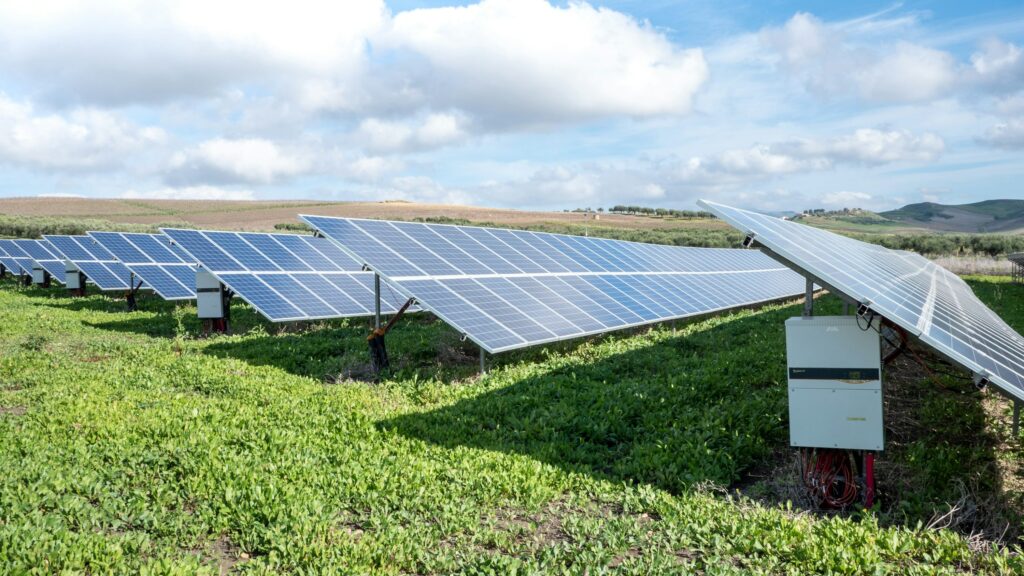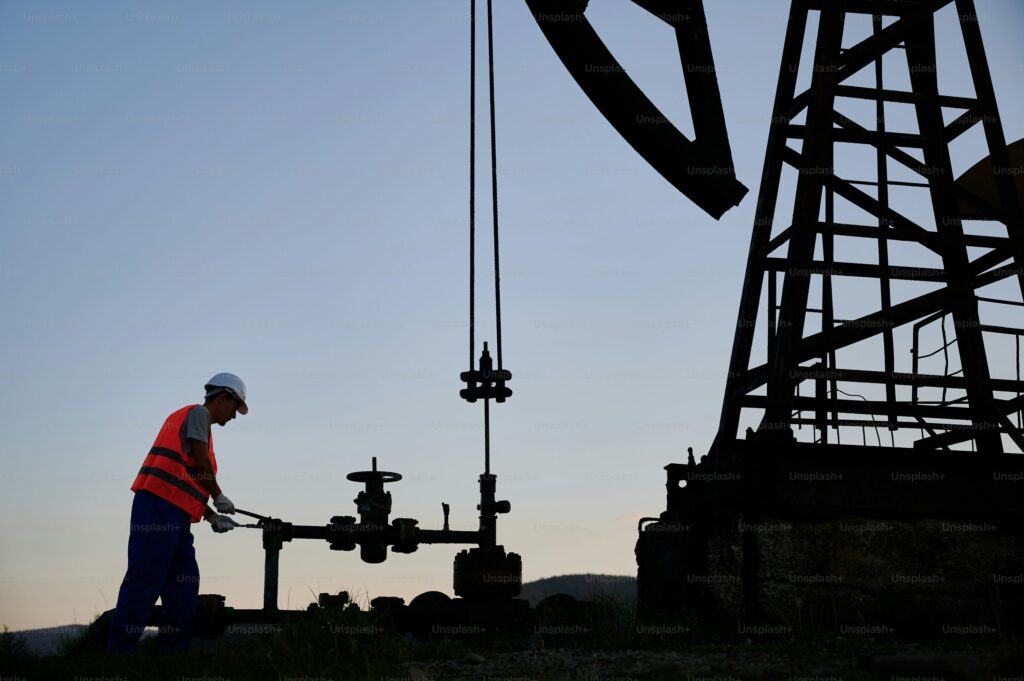According to an old Chinese proverb, when there is food on the table there are many problems. When there is no food on the table, there is one problem. And for a while this spring, there has been one problem. Alas while many real industries grind to a halt, many of those with secure public-sector jobs nevertheless cannot leave off the industrial-scale grinding of the global warming axe. Thus in his 50th-anniversary Earth Day message, UN Secretary General Antonio Guterres whines on about how governments must use their economic response to COVID-19 to address the “even deeper emergency” of global warming. He concedes that the pandemic is “the biggest test the world has faced since the Second World War”. But tish: “there is another, even deeper emergency, the planet’s unfolding environmental crisis.” And drawing on the vast entrepreneurial experience of his lifetime in politics, he intones that to move from “the grey to green” economy, “Where taxpayers’ money is used to rescue businesses, it needs to be tied to achieving green jobs and sustainable growth”. Sure thing, buddy. As soon as we overcome the crisis the New York Times says threatens to starve hundreds of millions of people (and crush the hopes and dreams of hundreds of millions more) we’ll get right on trading everything we know works for your magic beans.
If it were just Guterres it could be dismissed as just more wind from the cave of same known as the UN. But the British government, under COVID-19 survivor Boris Johnson, is planning to tell a big international (online) gathering it is cohosting with Germany that, in the words of UK Climate Secretary and COP26 president Alok Sharma “The world must work together, as it has to deal with the coronavirus pandemic, to support a green and resilient recovery, which leaves no one behind.” Oh. Just that?
Sharma’s position is stale and predictable: “I am committed to increasing global climate ambition so that we deliver on the Paris Agreement (to stabilise temperature rise well below 2C).” That insertion courtesy of the BBC, although it rather misstates what’s actually in the Paris Agreement let alone what governments are doing. Though to be fair the BBC did continue “Campaign groups will be sceptical about the meeting. Since the Paris deal to cut emissions, CO2 has actually been rising - although there's currently a blip in the trend thanks to the Covid recession.” (The last bit, regrettably, is factually wrong.)
Likewise, a Guardian opinion piece by Daniel Cohen and Daniel Kammen, the former a professor of sociology at the University of Pennsylvania and the latter an IPCC coordinating lead author and professor at UC Berkeley, says “Climate crisis will deepen the pandemic. A green stimulus plan can tackle both”. Indeed. Just not successfully or even plausibly. It doesn’t help that Cohen and Kammen write “Each of us has lived through climate-fueled disasters – in Cohen’s case, Hurricane Sandy, and in Kammen’s, last year’s devastating wildfires.” Or that their attitude verges on glee: “It seems counterintuitive, but the timing for such a Green Stimulus is perfect. Bridge-loans and advance payments on public green purchases of goods like solar panels and electric vehicles for public use would stabilize firms’ and workers’ finances. Announcing initiatives like a Climate Conservation Corps would give young people eager to work jobs to apply for, and plan to start. And desk workers across the economy could get on Zoom and do paperwork to make green projects shovel-ready the minute it’s safe to break ground. (Indeed, a major reason the 2009 Obama stimulus faltered was months wasted on paperwork.)… We agree with the environmental justice advocates who argued then that disaster recovery shouldn’t be about trying to bounce back to how things were before the disaster. We don’t want to bounce back to a January 2020 economy when half the country lived paycheck to paycheck; unchecked carbon pollution endangered our future; and racial inequalities made people of color so vulnerable to disease. Rather, by deploying a Green Stimulus that centers workers and communities, we can bounce forward together.”
Some professor of climate economics quoted in the Washington Post even said “A good way to think about the coronavirus pandemic is that it is like climate change at warp speed. What takes decades and centuries for the climate takes days or weeks for a contagious disease.” Which the Post somehow concludes means “In Washington, there’s a cautious hope that the urgency presented both by climate change and the pandemic may cool the geopolitical tensions between the United States and China and force greater global collaboration.”
There is some internal consistency to such arguments. As the Savory Institute put it (in a fundraising email to which we could not find a link) “this viral pandemic was not some random occurrence in a properly-functioning system. It is the byproduct of a long-broken system, the reductionist management of natural resources, the destruction of landscapes and driving of species together, the accidental creation of a perfect breeding ground for infectious disease.” And if so, you act to fix it. But even so there’s the question of first things first.
Thus it is tempting to assume that politicians will simply not heed such calls given the urgent necessity to get economies working again. Asian governments are dialing back their renewable energy subsidies. And even some MEPs from Angela Merkel’s own party have said out loud that the European Green New Deal is no longer viable (specifically “so schlicht nicht finanzierbar”). And some activists are concerned that nations will miss their target to make even more ambitious pledges under Paris about which they will do nothing. But the thinking is so deep-rooted that there is a real danger of it having an influence at a very bad time.
Reuters, for instance, reports that it has dominated the UK’s ill-advised Climate Assembly drawn from the ranks of ordinary citizens then manipulated by activists as a way to bypass that sorry old Parliamentary self-government. “Working from home and other measures to help stem the spread of the coronavirus outbreak in Britain show how quickly the country could change its ways to address climate change too, participants in the Climate Assembly UK said on Sunday. “With coronavirus, (the government) has had to act because they had no choice in the matter. With climate change, they need to act in the same way,” said Marc Robson, 46, a British Gas installer and one of the 110 members of the citizens’ assembly. As with the response to the COVID-19 respiratory disease, “people will die if we don’t do it”, the Newcastle resident warned in a video interview.” And of course David Suzuki was on board in a profanity-laced interview with Canada’s National Observer about how thanks to the pandemic we have an opportunity to bypass the political system and crush capitalism because “the old rules and constraints no longer apply.”
No. Indeed they don’t. The old rule was the economy was so productive you could do any number of foolish things, and promise many more, and people would mostly just nod their heads and go along. Now they’re very frightened about being able to pay the rent. And it’s no time to shut down the oil sector, auto manufacturing, cement making and so on.



These people are mad. Fancy a gas installer being a member of the Climate Assembly! He'd better become an electrician quickly or lose his job. What an alarmist he is! 'People are going to die if we don't do it'. What a baseless assumption. He must be suffering from some kind of anxiety disorder involving groundless fears.
Climate change is the defining crisis of our time and it is happening even more quickly than we feared. But we are far from powerless in the face of this global threat, “the climate emergency is a race we are losing, but it is a race we can win”.